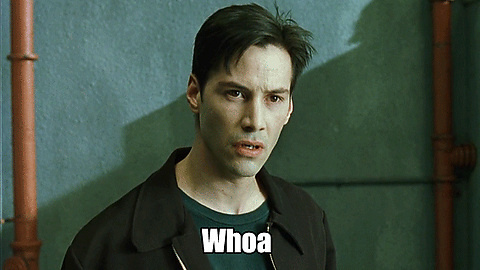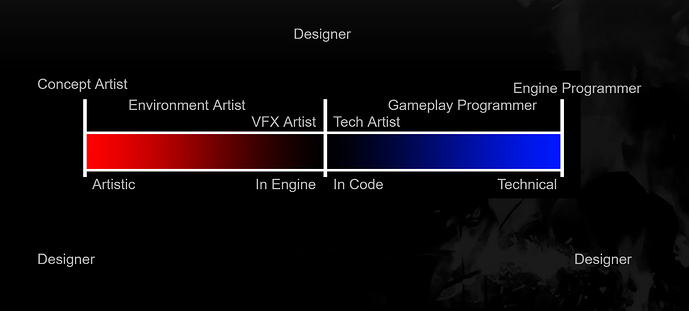I’m a bit late coming into this talk (7 days, hah, oops), but I felt like I should probably give my own little piece since I myself still feel like a ‘student’ or at the very least an Intern level, if that.
So I should probably start with what drove me into VFX, cause I feel like the reason a lot of people outside of the VFX area dont really get ‘why’ and one of the points in the Edit actually already has one of the two points I want to mention, creating the ‘spectacle’. For me I’ve always been sort of maniac, I really reeeeeally like making stuff thats bright, fiery and exciting. Especially explosions and fire. Since I’ve loved games for basically my entire life, I thought that I may as well as merge my love for big bangs with video games. (Mainly cause I probably wouldnt be able to make explosions outside of fireworks in real life. Sadly.) The second piece for me was actually a visit from someone in Riot Games, Peet Cooper. He visited the university I graduated from, Full Sail, back in around July 2017 and he was questioned about VFX. Before then, I hadnt really known much about VFX because if I have to be honest, its rarely ever even talked about. Hell, throughout my entire time at Full Sail, VFX was barely ever brought up unless I asked about it. When I heard him talk about VFX, it inspired me to drop my focus on prop and environment creation and spiral down the steep, terrifying ladder of VFX.
I myself wouldnt consider myself exactly a generalist, more of an opportunist. I have a weird obsession with trying to learn a lot of different things all at one time (which honestly is probably not a good idea), mainly because I really want to learn as much as I possibly can as quickly as I can. Primarily out of my own excitement for VFX and the love of the industry.
You got me on the imagination part. I’ve always been a nature lover, that mixed with my adoration of fantasy (specifically medieval) and you can expect my little head to constantly be spiraling with weird spells and charms. Nature and stuff like Lord of the Rings has been my inspiration for more than just VFX, its inspired basically everything I’ve created as I find the boxy creations of Humanity to be rather lack-luster and boring. When I look at I gun, I just see a box with branching boxes. But when I see a interesting branch with a vine around the bottom end, I see a wand in a druids hand, ready to cast spells with the flick of his wrist. Weird, but, hey. Nature is rad, okay?
But onto the more personal stuff, I got into VFX primarily for one thing: versatility. I’m the type of person that likes working with many little bits of something rather than one giant massive piece and VFX fits that nearly perfectly. The layering workflow of VFX, adding one bit on another bit which attaches to another bit, thats the kind of thing I love because I can see something that starts out so small become so huge and incredible. Watching something that was once just a small puff of steam move into a scene that fits, like say a sauna, fills me with glee cause its just that one little detail that gives motion and life to a whole scene.
I absolutely live for giving not only myself but those around me that “Holy shit” moment, where they look at something and just drop their jaw. Not because of pride, but because seeing other people happy makes me myself happy.
Like I said, I’m still just an intern-level artist at best so I dont really know how much weight my opinion or voice has, but I thought it be nice to help contribute. I hope I wasnt a bother, I’m glad to see many others have the same kind of mindset in terms of what drives them with VFX. Hope to see more comments soon.

